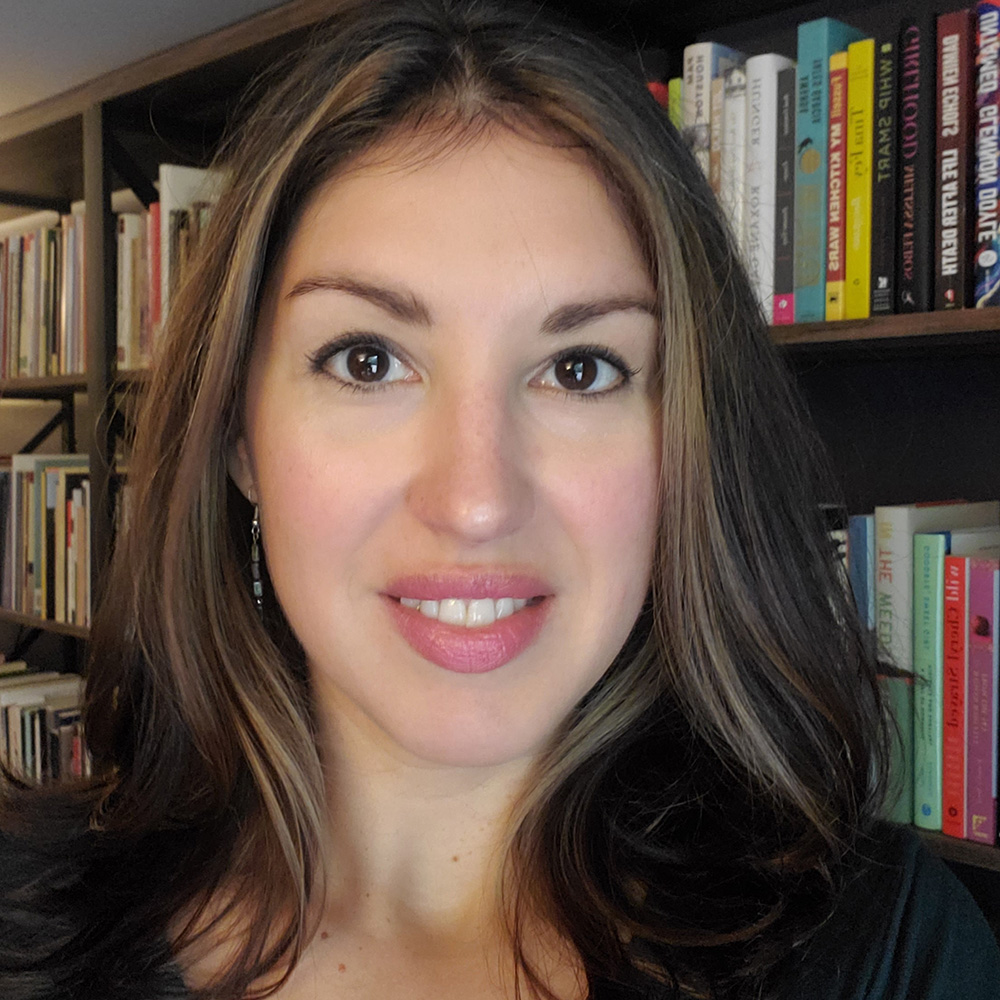
What words come to mind when I think of the Center? What words do I want to come to mind for others when they think of the Center?
Creativity. Inspiration. Self-expression.
The action verbs are create, inspire, express. That’s what I want our writers to be able to do, the action I want them to be able to take. I think that desire, which all Center teachers share, makes us different.
In this new year, I want to share with you three things that I feel set the Center apart from other creative writing organizations, and why our reverence for creativity, inspiration, and the sacred right to self-expression will make you a better writer:
A focus on the moment of creative inspiration, and on how to cultivate creativity in our lives
Without inspiration, there can be no words.
When you sign up for an academic writing course, or even an independent writing workshop, you are usually expected to bring along some completed work for evaluation. Most writing instructors don’t care where the ideas came from; their sole attention is for what made it onto the page.
We feel differently—because what you write doesn’t exist in a vacuum or void, and what inspired you once might inspire you again if you give it your attention. The writers in touch with the source(s) of their inspiration are the writers who will keep writing.
And that’s what we want you to do: keep writing, whether it’s with us, with other teachers and writers, or on your own. The benefits of writing are for everyone, and our best gift to you is teaching you how to cultivate them long after your Center course concludes. This means that we’ll help you focus on words and how to be a better writer, but we’ll also explore, in our community, any and all ways to make space for creativity in your life.
Reverence for the creative process
At the Center, we respect the process. From the moment inspiration strikes, we urge you to be curious, to look closely, to sit with your ideas and the little snippets of imagery and language that are making their way to your consciousness. For as long as it takes. Do it according to your own schedule, in the pockets of time you find or make, amid your obligations to work, family, community, spirituality, and leisure, for writing. Only by working writing into your unique life circumstances will you be creating a practice to which you will actually return, with regularity and enthusiasm. And we will help you create that sustainable practice.
The writers in touch with the source(s) of their inspiration are the writers who will keep writing.
Our philosophy of meeting writers where they are in their own unique process
Center teachers do not create course content that herds all students toward one particular outcome. In a class of 5-7 students, we know there will be 5-7 goals, styles, levels of experience, and personalities—and we work with those differences, not against them. One student’s success might be the completion of a solid final chapter; for another student, success is outlining a novel idea that’s been simmering in her mind for months or even years. We design our courses to get writers writing, pure and simple. Feedback from a Center teacher is going to identify a writing’s strengths and show students how to build on them. We do not “critique”; we provide a read, a perspective, plus suggestions for moving forward with the best of what’s on the drafted page. We believe self-expression is sacred, and we all have the capacity to excavate our truths.
*
We don’t use the term writing community lightly. When we talk about ours, we mean a group of writers from various backgrounds and levels of experience who embrace this ethos of revering creative practices. And when you join our community, whether by email list subscription, online course or retreat registration, or even a follow on social media, you can expect guidance and inspiration for sustaining such practices, and integrating some of ours into your own lives.
Because hey, creative people live longer! It might sound melodramatic to posit that writing vs. not writing is a matter of life and death (though some of us might feel that way!), but The National Endowment for the Arts reports,”Research has shown that the arts have the amazing capacity to increase social engagement and improve health, cognitive functioning, quality of life, and longevity.”
Express yourself, stick to your practice of expressing yourself, get better at expressing yourself, commune with others who express themselves, become part of something larger than yourself–a better you to express.
Happy writing,
Stacia M. Fleegal, Director
Want to receive tips and inspiration like this in your inbox every Sunday morning? Join our email list community! You will receive weekly advice, a year’s worth of weekly writing prompts as a FREE download, and be eligible to participate in our monthly photo prompt contest for a chance to share an original piece of writing with our community of over 1,100 subscribers!
